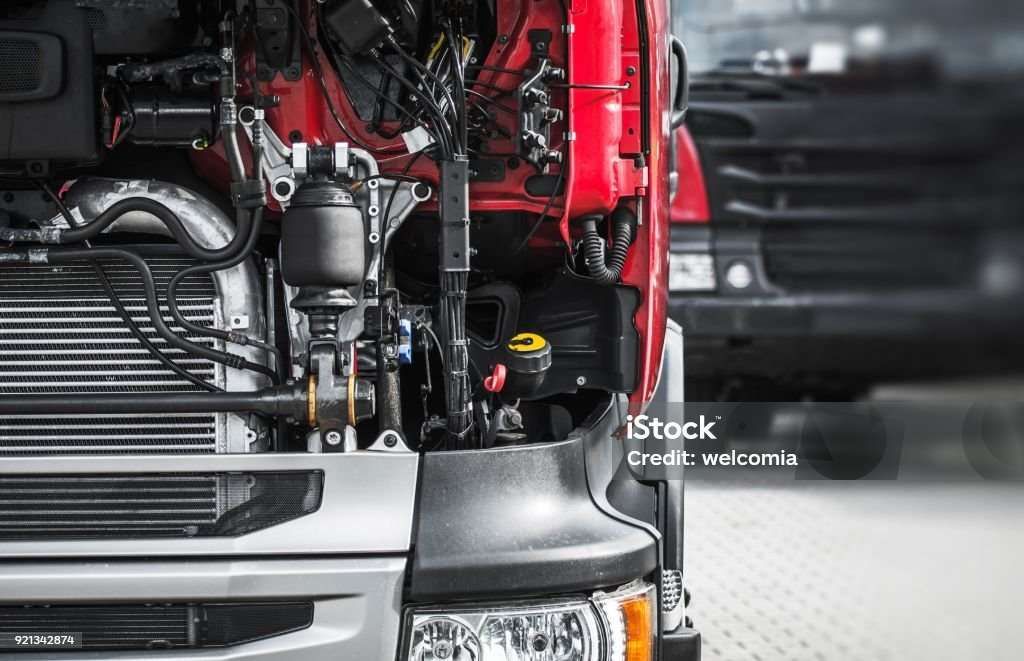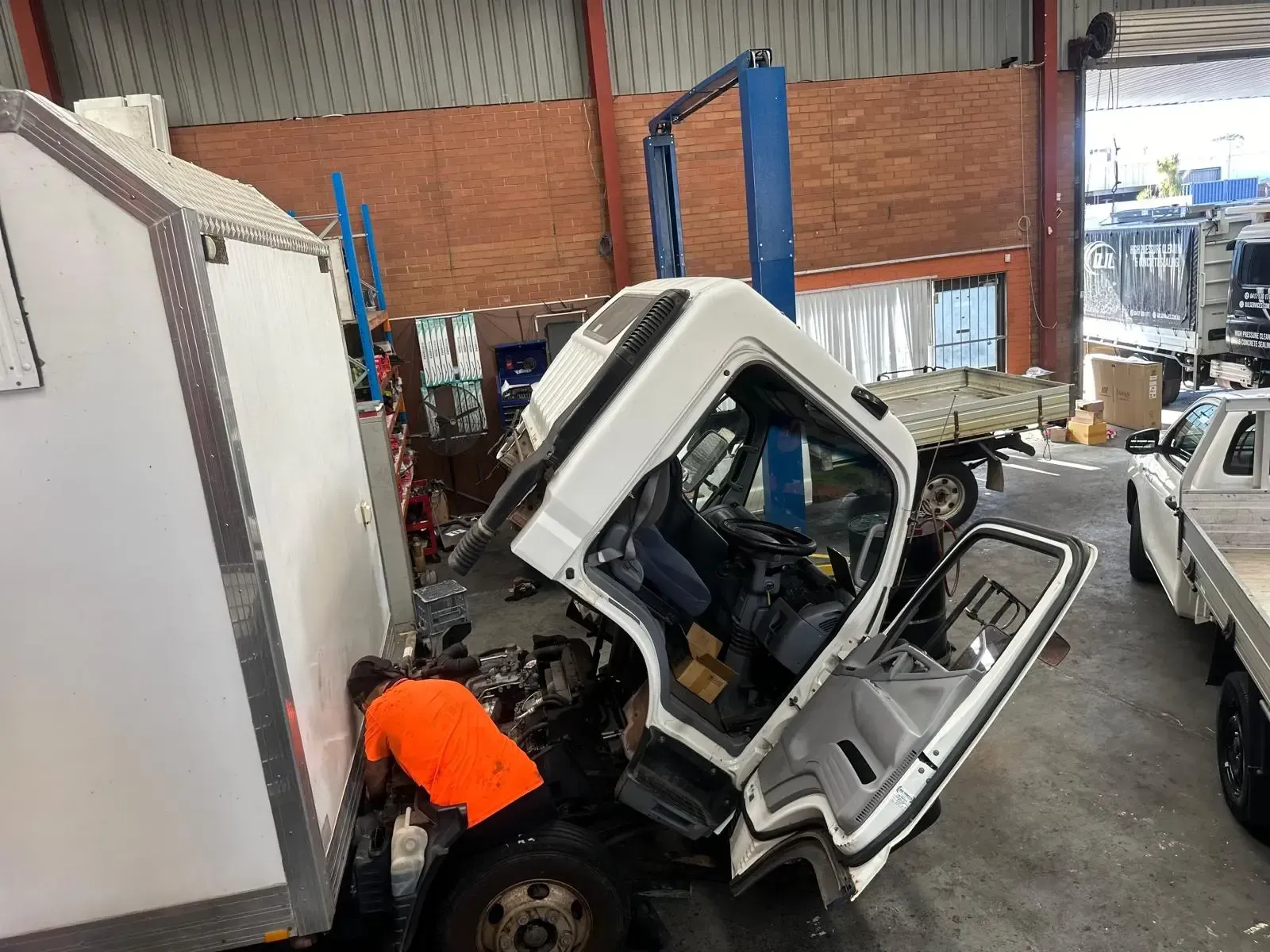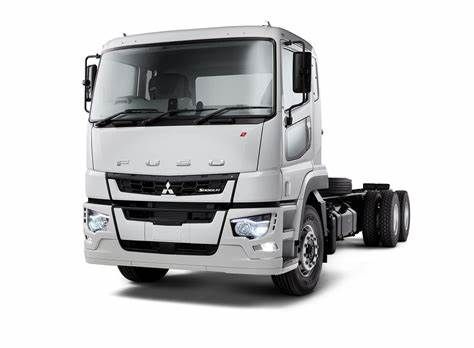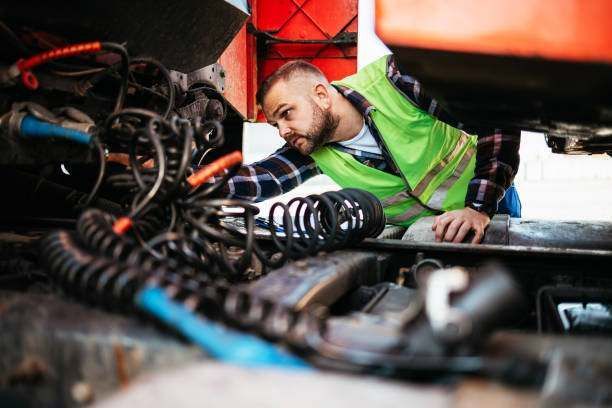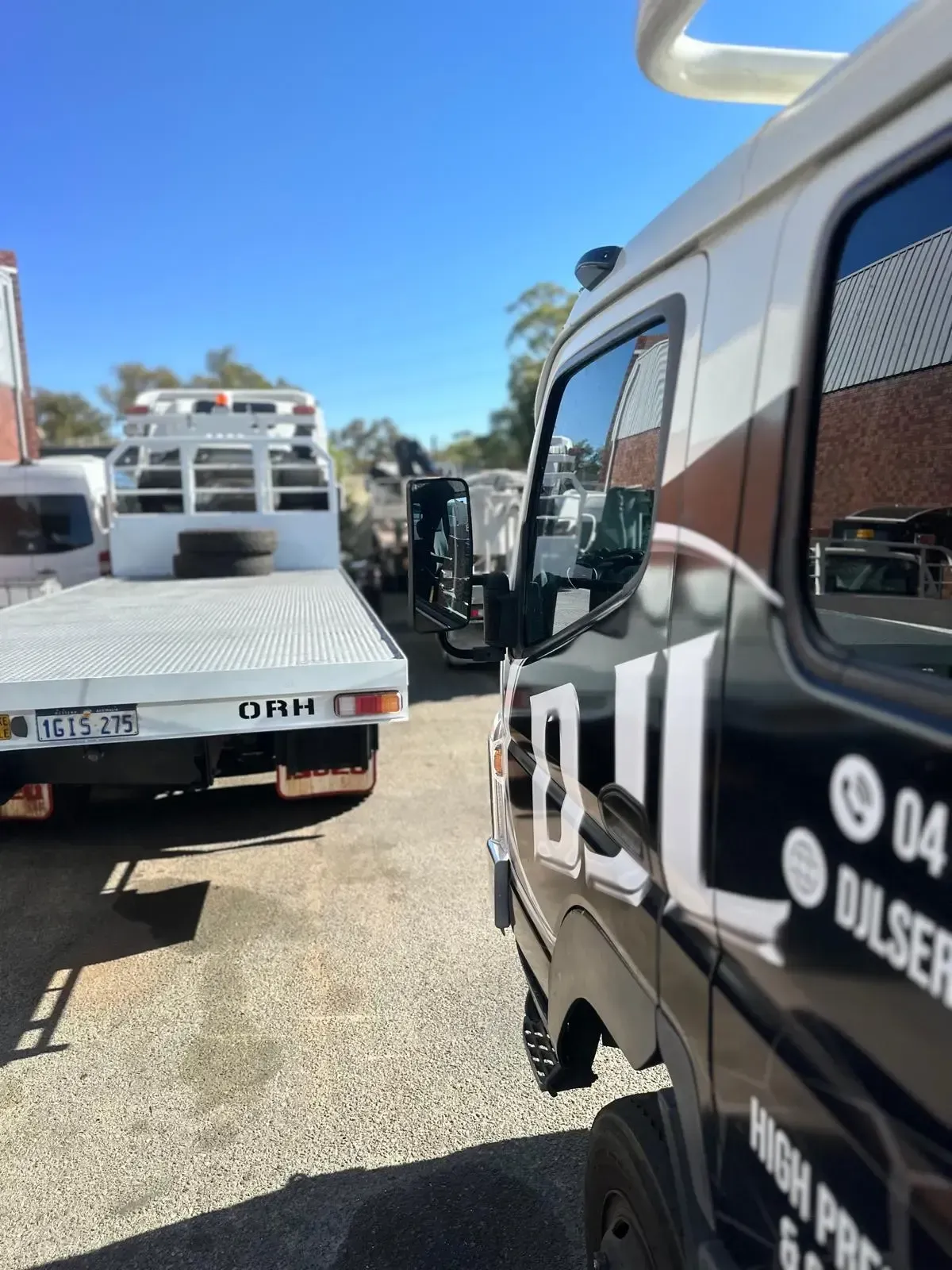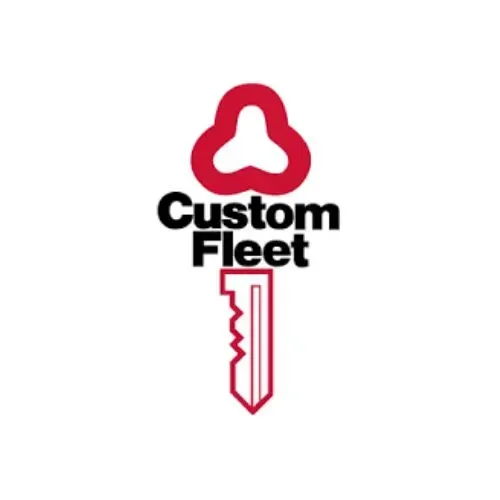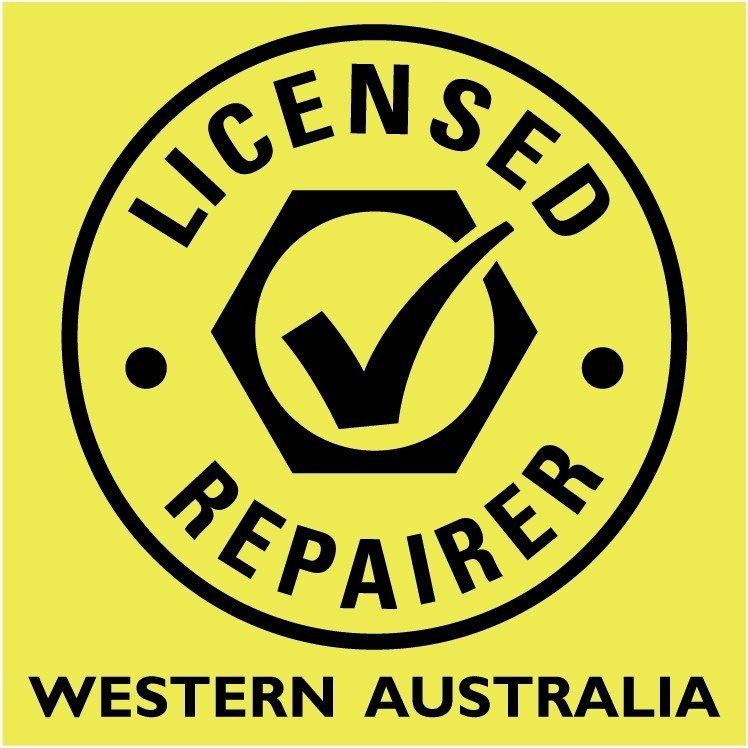Diagnosing and Repairing Common Diesel Engine Problems in Trucks: A Guide for Truck Repair in Perth
Diesel engines are the backbone of the trucking industry, known for their durability and fuel efficiency. However, even the most reliable engines face issues over time. Identifying and repairing these problems promptly is critical to maintaining performance and avoiding costly breakdowns. This article provides a practical guide for truck owners in Perth on diagnosing and repairing common diesel engine problems, with a focus on ensuring your vehicle remains operational and compliant with industry standards.
1. Fuel Injection System Failures
Symptoms:
- Poor fuel efficiency
- Rough idling
- Black smoke from the exhaust
- Difficulty starting the engine
Diagnosis:
Diesel engines rely on precise fuel injection to maintain performance. Issues arise when injectors clog or malfunction, leading to reduced fuel efficiency or engine misfires. Using diagnostic tools like OBD-II scanners, mechanics can pinpoint the injector causing problems.
Repair Procedure:
- Inspect fuel injectors: Remove and inspect each injector for signs of wear or clogging. Clean injectors if build-up is detected.
- Replace faulty injectors: If cleaning does not resolve the issue, replace defective injectors with new or refurbished parts.
- Test the system: After replacement, run the engine to ensure smooth operation and confirm that the fuel injection system is functioning optimally.
2. Turbocharger Issues
Symptoms:
- Loss of power
- Excessive exhaust smoke (blue or black)
- High-pitched whining noise
- Oil leaks around the turbocharger
Diagnosis:
Turbochargers increase engine efficiency by forcing more air into the combustion chamber. A malfunctioning turbo can lead to significant power loss. Mechanics often use pressure gauges to check for reduced boost levels or oil leakage around the turbo.
Repair Procedure:
- Check for leaks or cracks: Inspect the turbocharger housing and pipes for leaks, as these can reduce performance.
- Clean or replace the turbocharger: If there is significant carbon build-up or damaged components, clean or replace the turbocharger.
- Examine oil seals: Oil leakage can cause the turbo to fail. Replacing worn seals can resolve the problem.
3. Overheating
Symptoms:
- Engine temperature warning light
- Coolant leakage
- Loss of power
- White smoke from the exhaust
Diagnosis:
Diesel engines generate a lot of heat, and overheating can lead to serious damage if not addressed. Overheating is often caused by a malfunctioning cooling system, including the radiator, thermostat, or water pump.
Repair Procedure:
- Check the coolant levels: Low coolant levels can cause the engine to overheat. Top up or replace the coolant as necessary.
- Inspect the radiator: Ensure the radiator is free from blockages. Flushing the radiator can remove debris and allow for better coolant circulation.
- Test the thermostat: A faulty thermostat can cause coolant flow problems. Replace the thermostat if it is not opening or closing properly.
4. Excessive Exhaust Smoke
Symptoms:
- Black smoke (fuel-related issue)
- White smoke (coolant issue)
- Blue smoke (oil leakage)
Diagnosis:
The colour of the exhaust smoke can indicate the nature of the problem:
- Black smoke suggests an over-rich fuel mixture, often due to clogged air filters or faulty injectors.
- White smoke indicates unburnt fuel, possibly due to low compression or a failing head gasket.
- Blue smoke points to oil leakage, typically a sign of worn seals or piston rings.
Repair Procedure:
- Black smoke: Check and replace air filters, and clean fuel injectors to improve combustion.
- White smoke: Inspect the head gasket for damage and replace it if necessary. Low compression can also be resolved by repairing valve seals or piston rings.
- Blue smoke: Fix oil leaks by replacing worn seals or rings. Ensure the crankcase breather system is working correctly to reduce pressure build-up.
5. Hard Starting or No Start
Symptoms:
- Difficulty starting the engine
- Engine cranks but doesn’t start
- Loss of power during operation
Diagnosis:
Hard starting or no start conditions in diesel engines are usually due to problems with fuel delivery or the glow plugs, which help the engine ignite the fuel. Diagnosing requires checking fuel lines, glow plugs, and the fuel pump for faults.
Repair Procedure:
- Check glow plugs: Remove and test the glow plugs using a multimeter. Replace any faulty plugs.
- Inspect fuel lines for air leaks: Air in the fuel lines can prevent proper fuel delivery. Bleed the fuel system to remove air bubbles.
- Examine the fuel pump: If the fuel pump is not providing adequate pressure, replace it with a new one to restore functionality.
6. EGR (Exhaust Gas Recirculation) Valve Issues
Symptoms:
- Engine misfire
- Poor fuel economy
- Reduced power output
- Engine warning light
Diagnosis:
The EGR valve helps reduce nitrogen oxide emissions by recirculating some of the exhaust gases back into the engine. When the valve becomes clogged with soot, it affects performance and emissions. A diagnostic scan can help confirm if the EGR valve is the cause of the problem.
Repair Procedure:
- Clean the EGR valve: Remove the valve and clean the carbon build-up using an appropriate solvent.
- Replace the EGR valve: If the valve is too worn or damaged, replace it to restore proper engine function.
7. Cylinder Head Gasket Failure
Symptoms:
- Coolant in the oil (milky appearance)
- Loss of engine power
- White smoke from the exhaust
- Engine overheating
Diagnosis:
A failed cylinder head gasket can cause major engine damage if not addressed. Inspecting the engine for coolant leaks and checking oil for a milky appearance are common diagnostic methods.
Repair Procedure:
- Replace the head gasket: This is a complex repair requiring the removal of the engine’s cylinder head. Ensure proper torque is applied during reinstallation.
- Inspect for further damage: Overheating caused by a failed gasket can warp the cylinder head, requiring resurfacing before reinstallation.
Conclusion
Keeping truck diesel engines in top condition is critical for the trucking industry, especially for operators in Perth. Recognising the signs of common diesel engine problems and knowing how to diagnose and repair them can help truck owners avoid costly downtime. By maintaining a proactive truck repair schedule, you ensure your vehicle runs smoothly, improving fuel efficiency and reducing the likelihood of unexpected breakdowns.
For expert truck repair in Perth, it’s advisable to seek professional mechanics experienced with diesel engines. Early diagnosis and timely repairs can save significant time and money while ensuring your truck stays on the road for longer.
